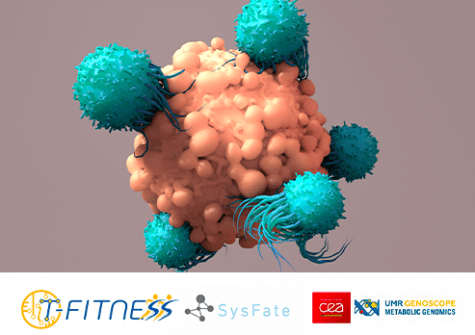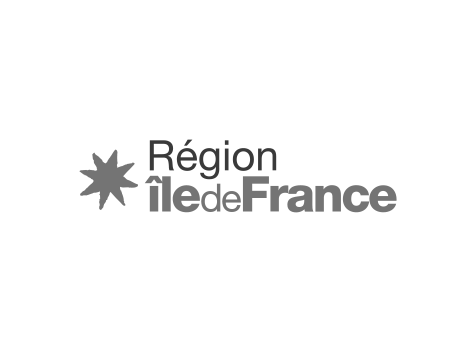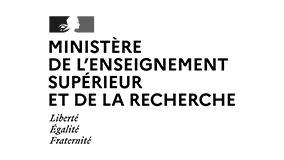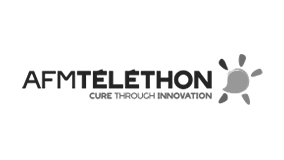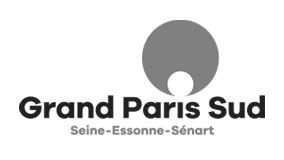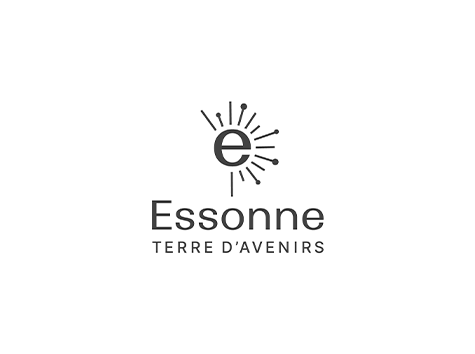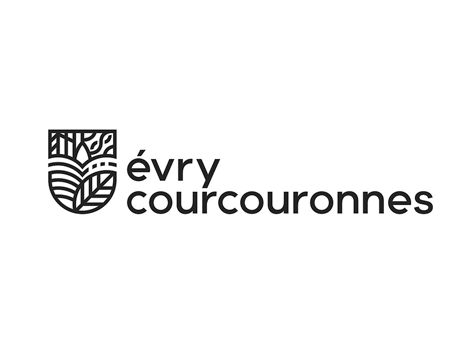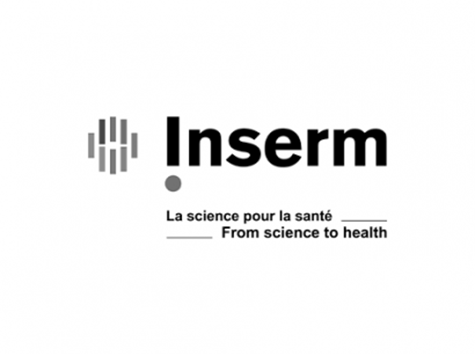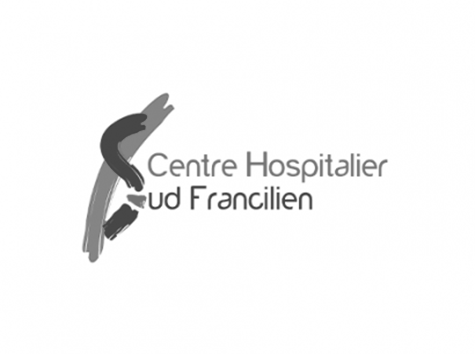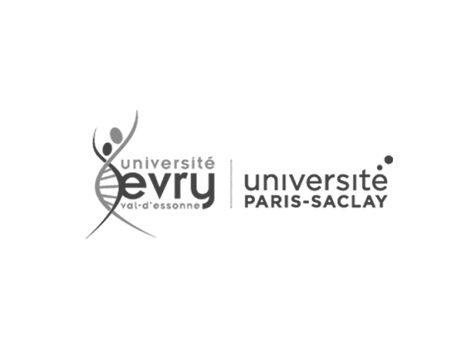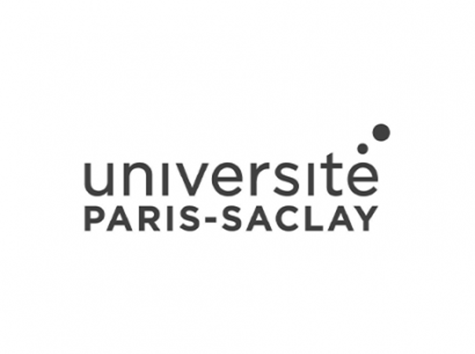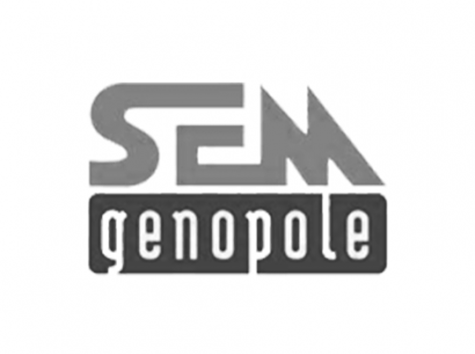” Chimeric antigen receptor (CAR) T-cells “* are genetically modified T lymphocytes aimed particularly at the treatment of cancers. They have shown great promise, especially for blood malignancies, with, for example, remarkable results reported in acute lymphoblastic leukemia, the most frequent childhood leukemia, and in diffuse large B cell lymphoma, a mostly adulthood lymphoma. Conceptually, CAR-T cells should be equally applicable in solid-tumor cancers but results to date have been disappointing, due largely to a loss of efficacy of the CAR-T systems over time, called “T-cell exhaustion.”
The project T-FITNESS** seeks to resolve this problem of T-cell exhaustion via the use of synthetic microRNA-based circuits able to regulate the overexpression of certain key transcription factors identified as causative agents of it. T-FITNESS was selected by EIC Pathfinder, a European program whose objective is to support the development of disruptive innovations.
The identification of the transcription factors to be targeted is the first major step of T-FITNESS. Thereto, the project will benefit from TETRAMER, a computer application developed in-house by SysFate, under the direction of Marco Antonio MENDOZA-PARRA within the Genomics Metabolics unit (Genoscope – CEA / CNRS / University of Évry).
TETRAMER is capable of reconstructing gene regulation networks from transcriptomics data and identifying key transcription factors in the reconstructed networks through transcription regulation simulation methods.
The Genopole research team has validated TETRAMER in neuronal differentiation, cellular reprogramming and tumorigenic transformation in vitro. For the T-FITNESS project, the team will exploit transcriptomics data obtained from CAR-T systems.


